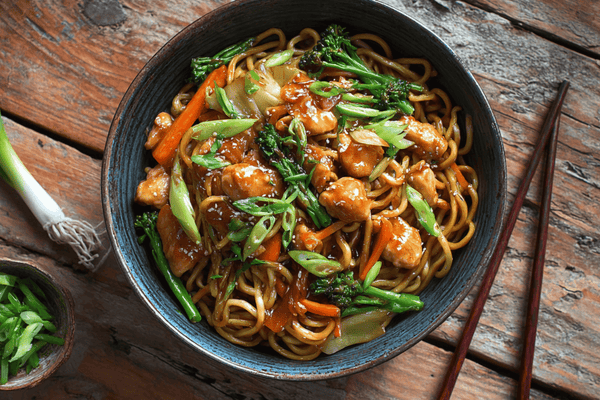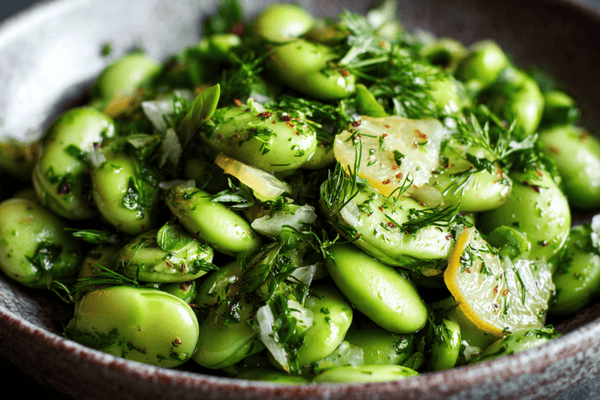
The Japanese pantry is incredibly diverse and filled with ingredients that we, here in the West, don’t use very often if at all. So, if you’ve recently discovered a hankering for Japanese cuisine, you’re likely going to need to head to your local grocery stores and stock up on all of the essential ingredients.
This series aims to introduce you to some of the most important staples in many sweet and savory dishes, and Japanese recipes like Japanese soy sauce, miso soup, sushi rice, dried shiitake mushrooms and sesame seeds; and today, we are going to be focussing on genmai su; which is simply brown rice vinegar.
This is a much sweeter version of vinegar compared to others you would find in Japanese dishes such as Japanese rice wine vinegar, and is perfect for perking up your meals. So, let’s get better acquainted.
Table of contents
What Is Genmai Su?

Genmai su is a type of vinegar used in Japanese cooking; su is the Japanese word for vinegar so you will see it attached to many other similar ingredients. This particular type of vinegar is made from brown rice which is naturally fermented, resulting in a much milder taste.Most commonly, genmai su is made from whole grain rice known as koji, along with water. To get the entire fermentation process off to a start, a small amount of aged rice vinegar is added into the mix, which is different to other types of vinegar such as kome su, which is started using alcohol.
Typically speaking, genmai su is left to ferment for several months or in some cases, up to a year. It is kept in vats during this process which have open tops and are partially buried. This is to ensure a consistent temperature so the vats will be buried at different depths according to the seasons.
What Does Genmai Su Taste Like?
The production methods used to make genmai su mean that this is a much milder-tasting vinegar than other types. There is almost a sweetness to it and it is far less acidic than something like white rice vinegar which makes it an important staple in Japanese food where delicate flavour needs to be added.When you think of vinegar, you would normally think of something very bitter and acidic tasting, but what surprises a lot of people about genmai su, is that it has a very refreshing and uplifting aroma and flavour.
How Do The Japanese Use Genmai Su?

Genmai su is also used to give a boost to a whole host of other ingredients including pickles and even miso.



